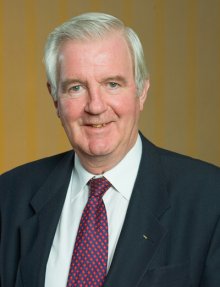Sponsors have ‘duty’ to help fund programs to tackle drugs in sport says doping agency boss
The head of the international body responsible for tackling doping in sport has called on sponsors to funnel more money towards it so it can do a better job to “uphold the integrity of sport”.
 The head of the international body responsible for tackling doping in sport says sponsors have a “duty” to help fund its anti-doping programs so it can do a better job to “uphold the integrity of sport”.
The head of the international body responsible for tackling doping in sport says sponsors have a “duty” to help fund its anti-doping programs so it can do a better job to “uphold the integrity of sport”.
Globally sport has been rocked in recent years with multiple revelations of doping in sports such as cycling and athletics, while locally, AFL in particular has come under a shadow over the long-running Essendon scandal which resulted in a number of players suspended for taking banned substances.
Sir Craig Reedie, the president of the World Anti-Doping Association (WADA) made the calls in an opinion piece published in The Guardian today, arguing: “For sponsors, all the benefits of association with a sport or a star athlete may be easily tarnished through an athlete’s doping scandal.
“Doping is a threat to the sponsor’s business, so why would sponsors not want to fund clean sport, and have a stake in the positive values clean sport exudes? Such a move would be in step with public opinion.”


mmmm sponsoring Anti Doping campaigns…… Sexy!
This pee test was proudly brought to you by Coles – just roll’s right off the tongue